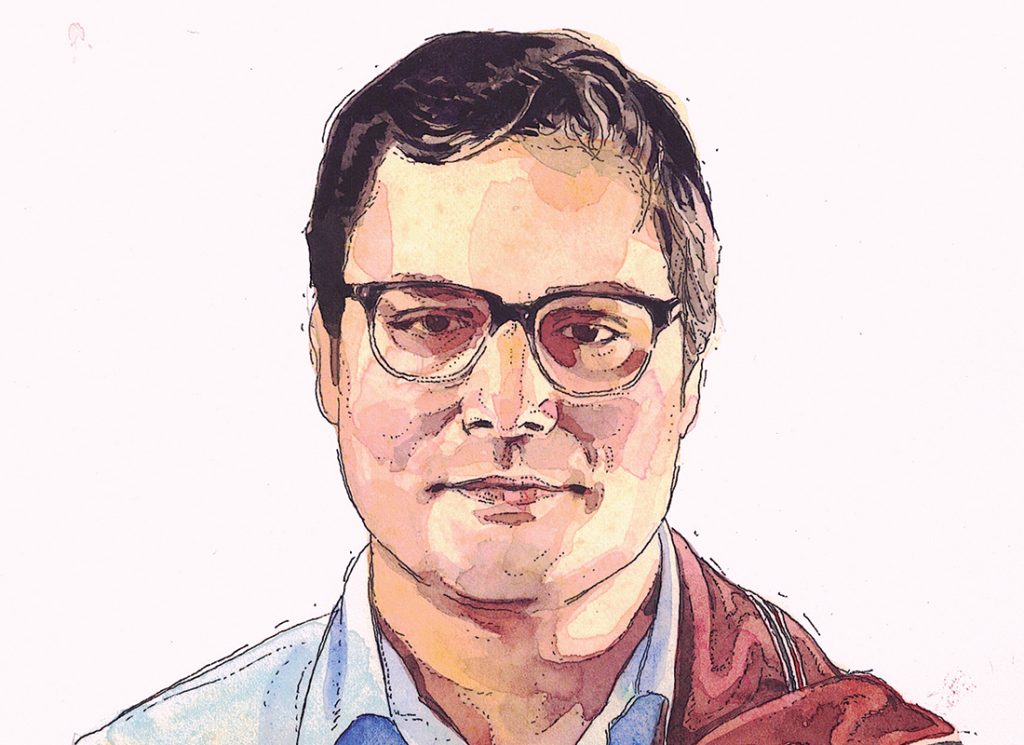What can we do if we can’t afford to go away to a meditation retreat?
For us as Buddhists, it’s important to address the impact capitalism has had on dharma, including the fact that it costs nearly a month’s rent to go on a weeklong retreat. This is a serious problem, because we run the risk of excluding those who don’t have the necessary resources from meditation practice and sangha formation activities. When we look at the ethics shared by all Buddhist traditions, especially ideas about generosity, protecting access to dharma training becomes an aspect of practice in its own right.
Related: Why is Buddhism so Damned Expensive?
The 12th-century master Lama Shang wrote, “Your mind is birthless and continuous, / Without a beginning, middle, or end.” Recognizing this is the most important thing. The cost of a retreat, along with the exquisite facilities and heavenly food provided, are meaningless distractions from unearthing the fundamental purity of your mind. In fact, from the moment we wake up in the morning to the moment we settle in at the end of the day, we are afforded so many authentic places to practice. Every experience of hardship provides fertile ground in which we can root our practice.
Over the years my own teachers have emphasized that everyday life experiences are some of the most profound places to apply meditation. The establishment of a daily regimen is important, and being able to embrace as much of the day as possible is the life force of practice. In short—we can be “well practiced” within our traditions without dedicating tremendous sums of money or time to retreat.
Related: How Important are Meditation Retreats?
I’m not suggesting that retreat is unnecessary, just that there is productive work to be done in rethinking this tradition. Retreat is important because it allows us the time to go deeply into practice, connecting with the experience of mind and stabilizing insights as they arise. But retreat doesn’t necessarily need to be long, or expensive—weekend retreats are very useful. I recently did a home retreat and found it a very powerful reminder that deep practice is possible at my Brooklyn apartment. You may want to rely on your teacher or sangha to help come up with a retreat schedule that works for you. Curating the structure of retreat, even one based at home, is a very meaningful way to further engage in your tradition and explore your own needs.
Thank you for subscribing to Tricycle! As a nonprofit, we depend on readers like you to keep Buddhist teachings and practices widely available.
